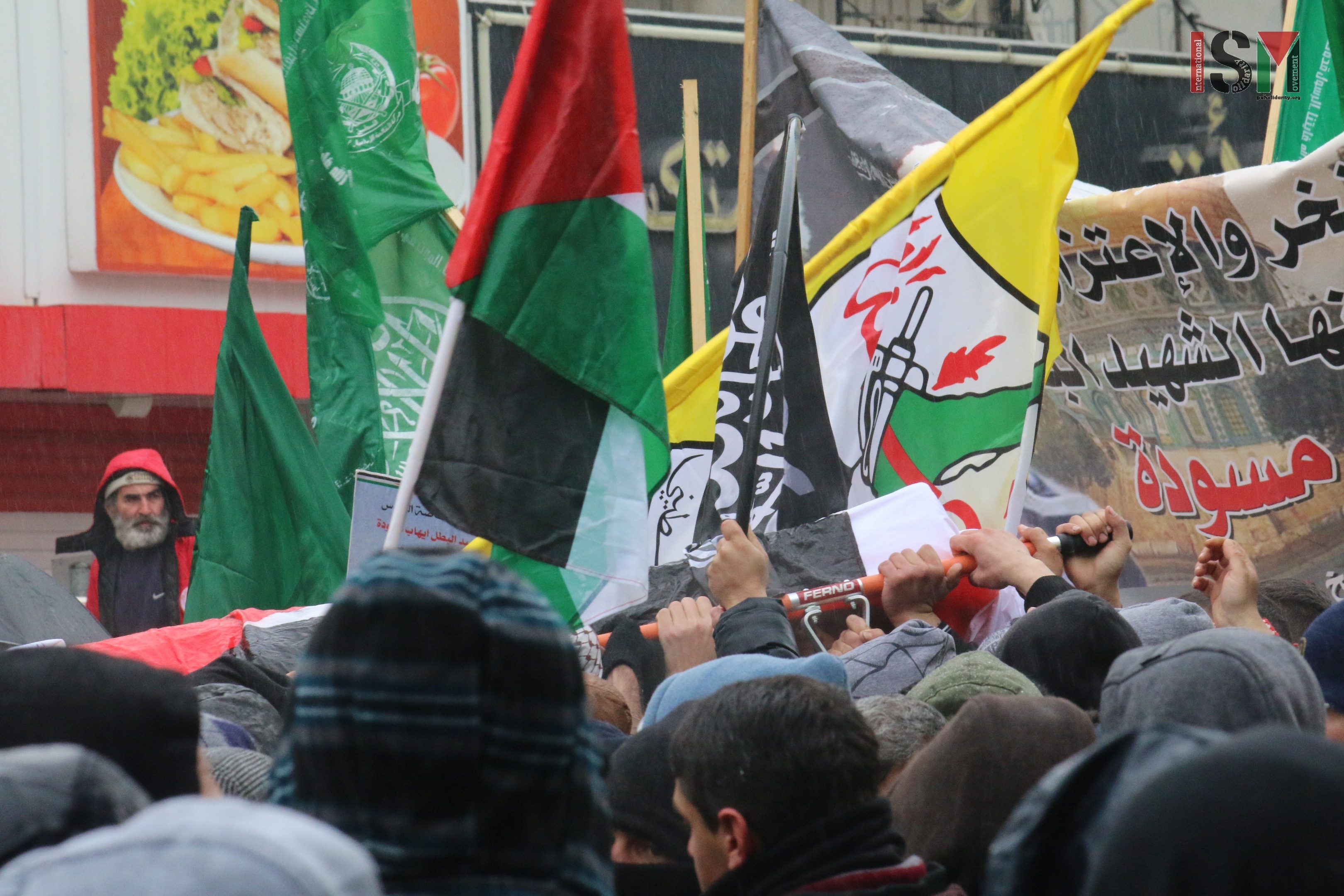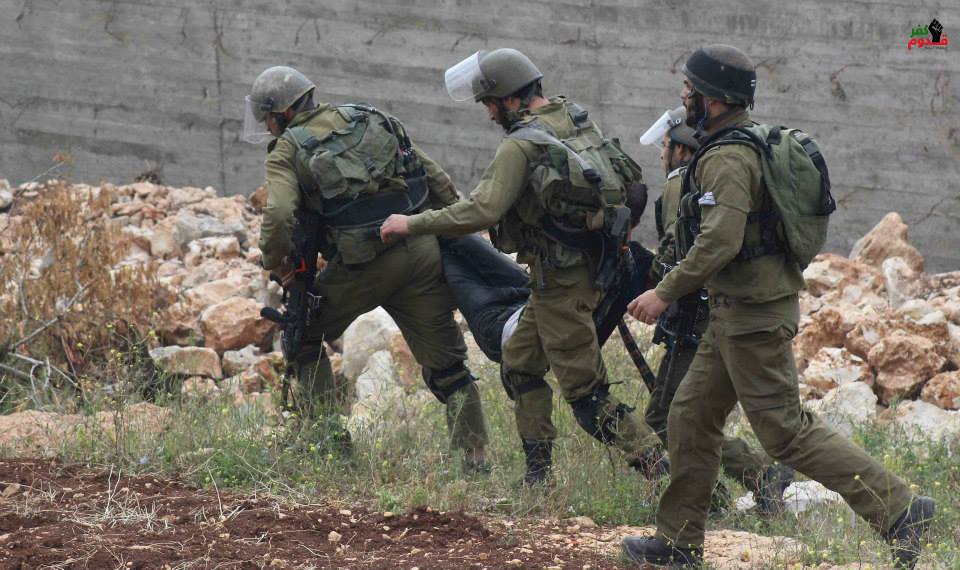Tag: Stun Grenades
-

14 Palestinians finally laid to rest in occupied al-Khalil
2nd January, 2016 | International Solidarity Movement, al-Khalil team | al-Khalil, occupied Palestine On the 2nd of January 2016, thousands attended the funeral of 14 martyrs in occupied al-Khalil (Hebron). A demonstration following the funeral, against the continued killing of Palestinians with impunity by the Israeli military and Zionist settlers, was attacked by Israeli forces. The new year in the…
-

Protest commemorating one year anniversary of the killing of Mohammad Abu Khdeir met with military violence
2 July 2015, in honor of the first anniversary of the murder of Muhammad Abu Khdeir, Palestinian activists with international supporters blocked a settlers-only road leading to the illegal Adam settlement. Demonstrators cited this road as the road that the murderers took in their search for a Palestinian victim. Journalists, Palestinian and international activists, suffered…
-

Israeli forces shot five in Kafr Qaddum
17nth April 2015 | International Solidarity Movement, Huwwara Team | Kafr Qaddum, Occupied Palestine This week’s Friday demonstration in Kafr Qaddum followed the same violent pattern as the previous ones during the past weeks. The Israeli occupation forces began their shooting before the demonstration even started. Soldiers and border police fired tear gas, stun grenades, rubber-coated steel bullets and live ammonition…
